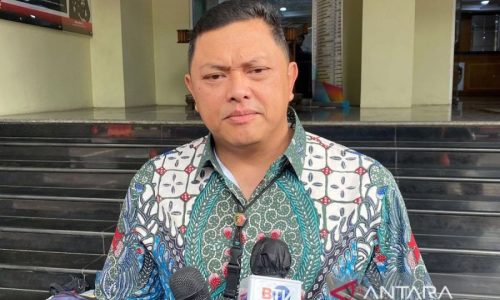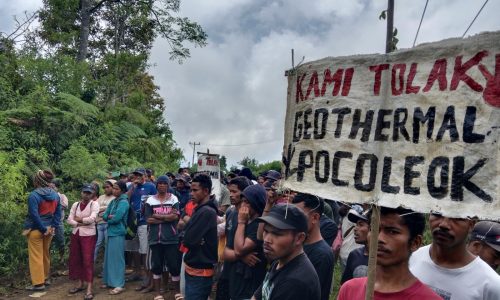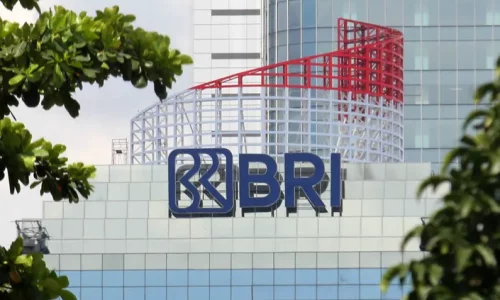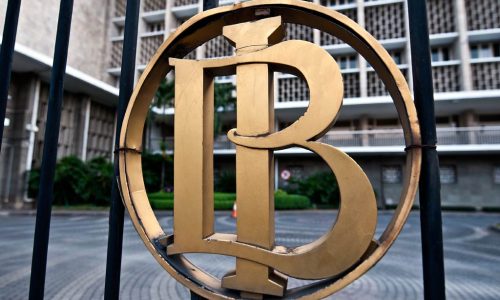Vietnamese vessels had been spotted conducting illegal fishing in the waters of the North Natuna Sea despite the exclusive economic zone (EEZ) demarcation with Indonesia, as reported by a maritime think-tank.
In December 2022, Indonesia and Vietnam agreed on their EEZ boundaries after 12 years of negotiations.
The agreement should have been able to reduce Vietnamese vessels’ presence in the disputed waters, but a recent report released by Indonesia Ocean Justice Initiative (IOJI) showed otherwise.
The IOJI spotted 81 Vietnamese fishing vessels operating in the disputed area of the North Natuna Sea in January 2023. The number of vessels jumped to 155 in February 2023. The IOJI reported that over 100 Vietnamese fishing vessels would be sighted in the disputed waters each month prior to the agreement. The figures even reached 172 back on November 2022.

Both governments have yet to publicly announce the exact coordinates of the EEZ boundary lines. IOJI predicts the newly agreed EEZ borders would likely be in the north of the Indonesia-Vietnam continental shelf line based on the universal three-stage approach of maritime delimitation.
“These Vietnamese fishing vessels operated close to the continental shelf border, which we predict to be the newly agreed EEZ borders. So they have violated Indonesia’s sovereign rights because that is our EEZ. And ironically, this occurred after the EEZ agreement,” IOJI senior Andreas Aditya Salim said on Monday (17/4).
IOJI data also showed at least eight Vietnam Fisheries Resources Surveillance (VFRS) vessels – Vietnam government’s patrol ships – were detected pacing back and forth along the Indonesia-Vietnam continental shelf boundary between December 1, 2022 and February 9, 2023.
“Under the UNCLOS, government ships should keep the fishing vessels’ activities under control. To put it simply, if the borders have been agreed, the [VFRS] vessels should have helped pull back the Vietnamese fishing vessels into the agreed boundary lines,” Andreas said.
According to the Foreign Affairs Ministry, the Indonesia-Vietnam EEZ agreement has yet to come into effect.
Indonesian diplomat Ahmad Alamududy Amri said “there are still authorization processes in the technical bodies, at the parliamentary level, and so on.”
As the agreement’s entry into force awaits, both countries are expected to exercise self-restraint and maintain a conducive environment in the disputed waters in line with the UNCLOS.
Regarding concerns over Vietnamese fishing vessels’ presence, Indonesia also refers to the guidelines on law enforcement in disputed areas issued by the Coordinating Security Ministry.
This includes the prevention of incidents between our law enforcement and those of neighbouring countries, as well as vessel detection and inspection, among others.









